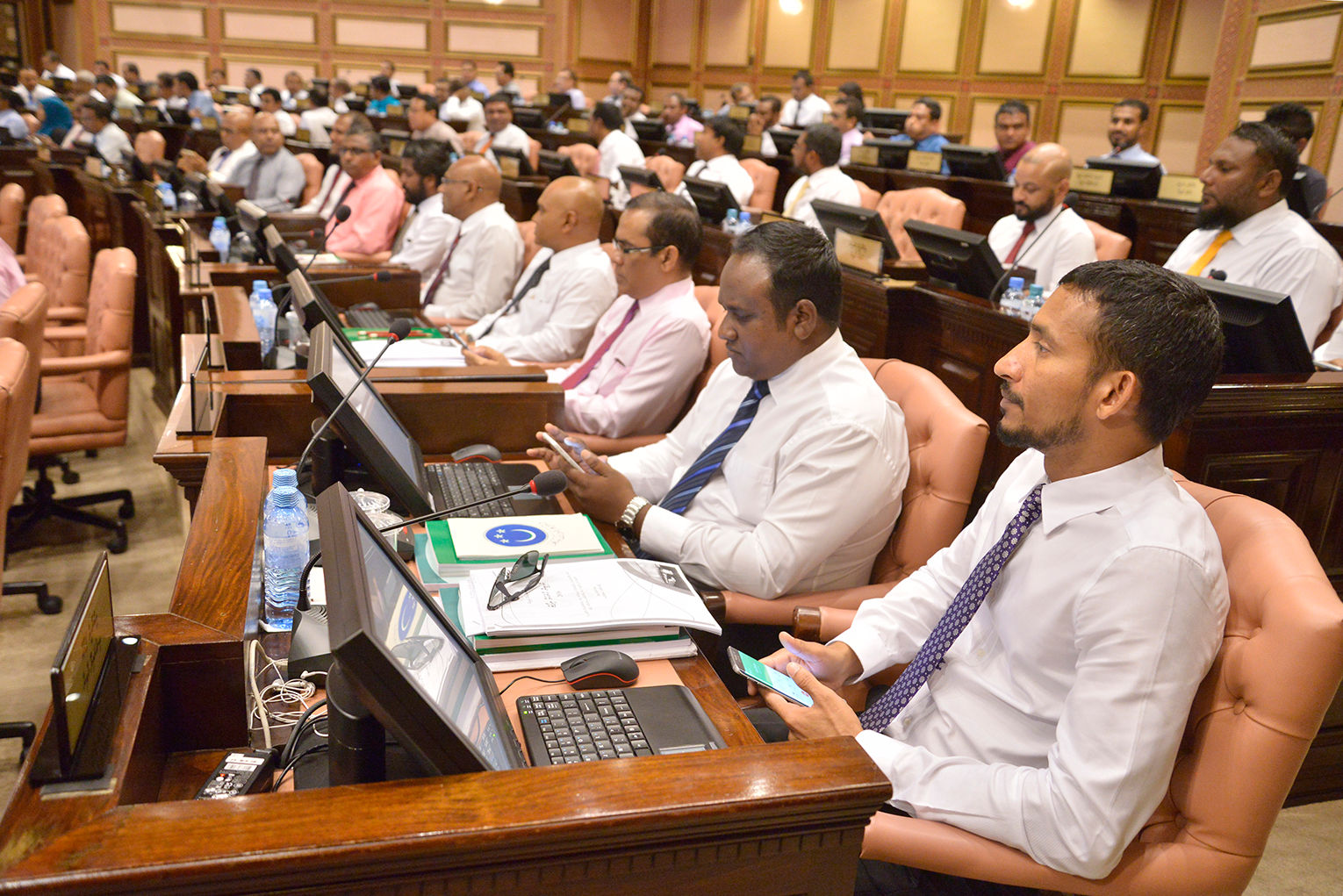Maldives parliament endorses decision to quit Commonwealth
The People’s Majlis endorsed today President Abdulla Yameen’s decision for the Maldives to quit the Commonwealth over alleged unfair treatment, interference in domestic affairs, and threats to sovereignty and independence.

19 Oct 2016, 09:00
The People’s Majlis endorsed today President Abdulla Yameen’s decision for the Maldives to quit the Commonwealth over alleged unfair treatment, interference in domestic affairs, and threats to sovereignty and independence.
MPs voted 39-19 to support the president’s executive decision.
The move followed a warning by the Commonwealth Ministerial Action Group that the Maldives could be suspended in March 2017 if a political crisis triggered by the jailing of opposition leaders last year remains unresolved.
The democracy watchdog placed the Maldives on its formal agenda in late September.
Become a member
Get full access to our archive and personalise your experience.
Already a member?
Discussion
No comments yet. Be the first to share your thoughts!
No comments yet. Be the first to join the conversation!
Join the Conversation
Sign in to share your thoughts under an alias and take part in the discussion. Independent journalism thrives on open, respectful debate — your voice matters.




